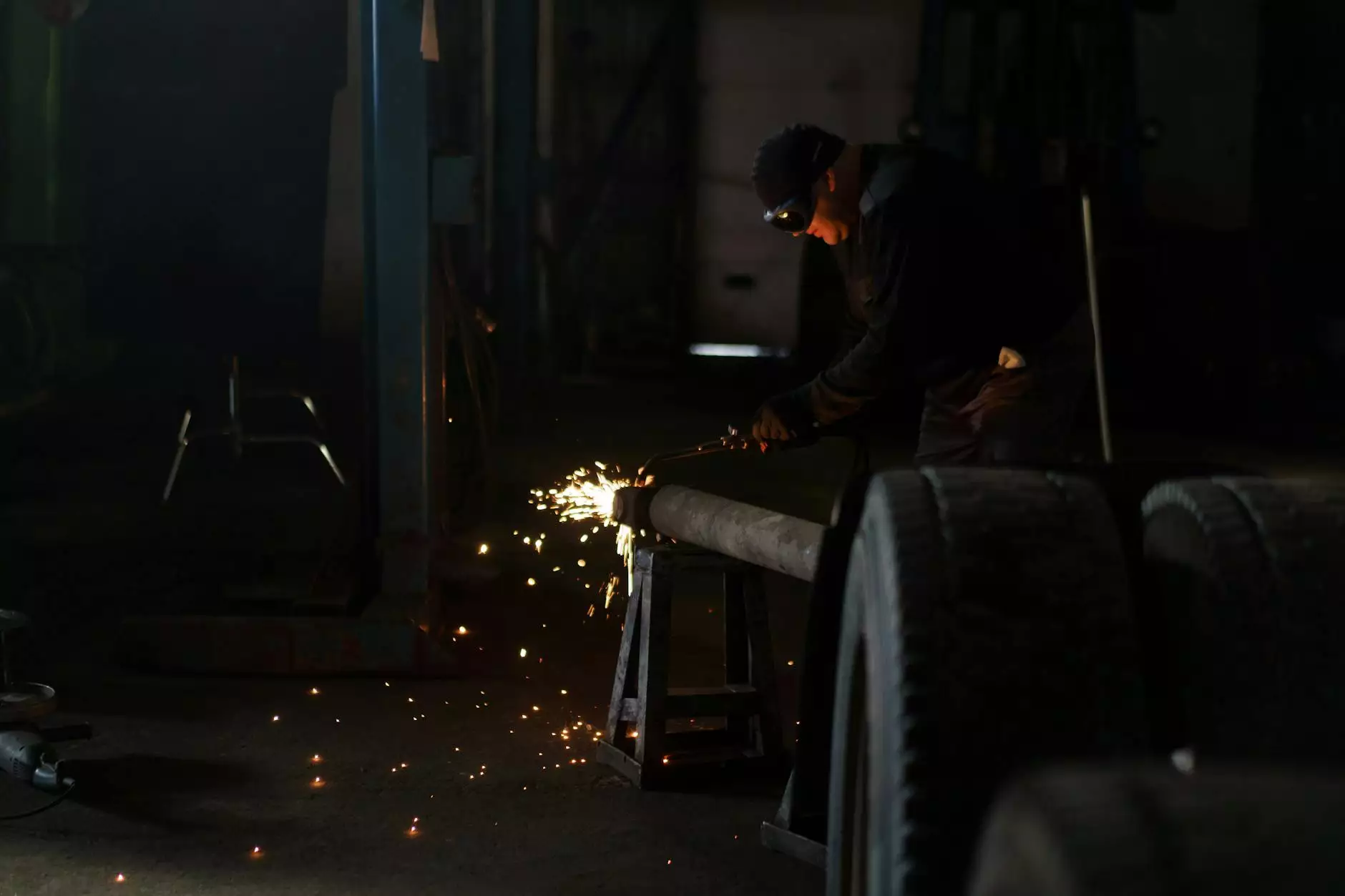The Crucial Role of Oil Cooler Manufacturers in Diesel Engine Parts

In the world of diesel engines, the quality and efficiency of components play a substantial role in the overall performance and longevity of machinery. Among these components, oil coolers are fundamental for maintaining optimal operating temperatures and ensuring that the engine is running efficiently. This article delves into the significance of oil cooler manufacturers, the technology behind oil coolers, and how their offerings can significantly impact the performance of diesel engines.
What are Oil Coolers?
Oil coolers are heat exchangers that help regulate the temperature of engine oil. By dissipating excess heat, they ensure that the oil remains at an optimal operating temperature, which is crucial for lubricating engine parts and preventing premature wear. The functionality of an oil cooler is vital for maintaining engine performance, especially in demanding applications.
The Importance of Oil Cooler Manufacturers
The role of oil cooler manufacturers cannot be overstated. They not only produce critical components but also influence the efficiency and reliability of diesel engines. Here are several reasons why these manufacturers are essential in the industry:
- Quality Manufacturing: Oil cooler manufacturers employ advanced materials and production methods to create durable and reliable products. Using high-quality materials ensures that the oil cooler can withstand high temperatures and pressures.
- Innovation: The best manufacturers invest in research and development to improve their products. This innovation leads to more efficient and effective cooling solutions that can handle the demands of modern diesel engines.
- Customization: Many manufacturers provide customized oil coolers tailored to specific engine models and performance needs. This bespoke approach can significantly enhance engine efficiency.
- Support and Expertise: Oil cooler suppliers often provide technical support and expertise, assisting customers in choosing the right products for their applications.
- Compliance and Standards: Reputable manufacturers adhere to industry standards and regulations, ensuring that their products meet safety and performance criteria.
Types of Oil Coolers
Understanding the different types of oil coolers is vital for making informed decisions when sourcing from oil cooler manufacturers. The main types include:
1. Air-Cooled Oil Coolers
Air-cooled oil coolers use ambient air to dissipate heat from the engine oil. They are typically simpler in design and do not depend on a liquid coolant. These coolers are beneficial in applications where space is limited or where additional coolant systems are impractical.
2. Liquid-Cooled Oil Coolers
These coolers utilize a liquid coolant, typically water or a water-glycol mixture, to absorb heat from the oil. Liquid-cooled systems are highly efficient and commonly found in heavy-duty applications where managing high oil temperatures is critical.
3. Plate and Frame Oil Coolers
This type includes several thin plates stacked together to create channels for oil and coolant. These coolers are known for their compact size and high efficiency, making them ideal for use in constrained spaces.
Factors to Consider When Choosing Oil Cooler Manufacturers
When selecting an oil cooler manufacturer, several factors should be taken into account to ensure that you make the best choice possible:
- Experience and Reputation: Look for manufacturers with a solid history and positive reviews in the industry. A reputable company is more likely to provide reliable products.
- Product Range: A diverse product range indicates that a manufacturer can cater to various needs and adapt to changing market demands.
- Technical Support: Choose manufacturers that offer family technical support to assist with installation, maintenance, and troubleshooting.
- Warranty and After-Sales Service: A good warranty and responsive after-sales service are critical indicators of a manufacturer who stands behind their products.
- Certifications: Certifications from relevant industry bodies can assure you of the manufacturer's commitment to quality and standards.
The Manufacturing Process: Behind the Scenes
The process of manufacturing oil coolers involves several meticulous steps, each critical to producing high-quality products:
1. Design and Engineering
The first step is designing the oil cooler. Engineers use advanced software to model the cooler's performance under various conditions, ensuring it meets the specifications required for different applications.
2. Material Selection
Manufacturers choose materials that offer high thermal conductivity and resistance to corrosion and extreme temperatures, such as aluminum or special alloys.
3. Fabrication
This step includes cutting, bending, and forming the materials into the final product. Advanced machinery is often used to ensure precision and quality.
4. Assembly
Individual components are assembled and welded together. Quality control checks are conducted throughout this process to maintain high standards.
5. Testing
Before final approval, each oil cooler undergoes rigorous testing to ensure it meets performance standards. This includes pressure tests, thermal performance checks, and visual inspections.
The Future of Oil Cooler Technology
As technology advances, so too does the design and functionality of oil coolers. Oil cooler manufacturers are increasingly focusing on innovations that enhance efficiency and reduce environmental impact. This includes:
- Eco-friendly materials: The use of sustainable materials that provide minimal environmental impact during production.
- Enhanced efficiency: Development of oil coolers that provide better thermal transfer performance, helping engines run cooler and more efficiently.
- Smart technology: Integration of sensors and monitoring systems to track temperatures in real-time and adjust performance accordingly.
- Lightweight designs: Reducing the weight of materials without sacrificing strength, which is crucial in racing and high-performance applications.
Conclusion
In summary, the role of oil cooler manufacturers extends far beyond just producing components. They play a crucial part in the performance, efficiency, and reliability of diesel engines. By investing in quality oil coolers, selecting the right manufacturers, and staying informed about emerging technologies, businesses can enhance their machinery's performance and longevity. If you are in the market for diesel engine parts, particularly oil coolers, consider visiting client-diesel.com for quality products and expert advice.







